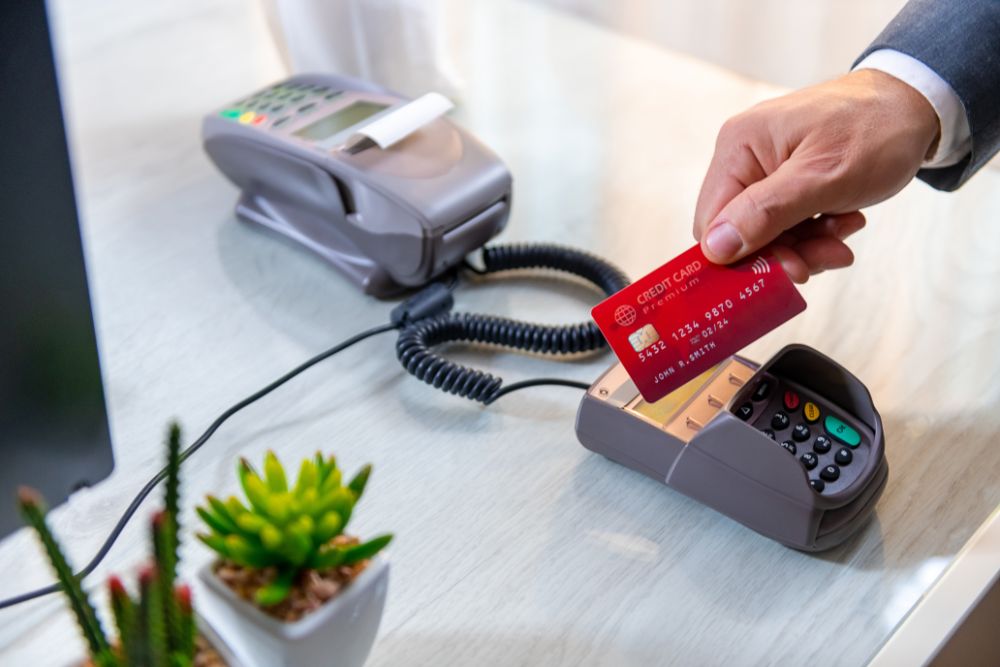With many banks these days, there is stiff competition in the market. One wrong move may eventually make you lose your customer’s trust and accounts with you. Some studies also show how banks lose customers to those with full-service POS. If you want to retain your customers, the key is to improve your customers’ overall digital experience. To convince you further, here are things you must know about bank POS systems.
POS in Banking: What it Means
To appreciate the benefits that will be mentioned herein, let us define what POS in banking means. Banks issue debit cards to their clients, which the client, in turn, uses to make purchases with a POS location. Clients requesting their bank statements will see transaction types labeled “POS.” That indicates that they purchased with a POS-enabled store using a bank card.
How the POS Works
This transaction works with a POS system that combines devices and software used by merchants to record sales transactions. The debit card is usually inserted into the reader then customers will be required to enter their 4-digit (or 6-digit) personal identification number on the terminal where payment is made. The POS works by checking the entry made and validating the PIN stored on the card. The POS also verifies if the customer has enough money in their bank account before completing the purchase. Once the purchase is successful, the POS transaction will be recorded on the bank’s database, particularly linked to the customer’s account.
Opportunity for Growth through Bank POS Systems
The focus of many small and medium-sized businesses these days is to look for business solutions instead of focusing on merchant accounts. Traditional payment services were once used by banks, but the shift to digital service is seen to improve with the growing demand for smart POS systems.
Essential in Centralizing Systems
Merchants are looking for more when it comes to their banking services. They want a centralized system that includes multiple platforms designed for their industry. With that demand, banks are required to make a shift. This will help them reconcile accounts later and serve the needs of merchants who will later ask about the debits and credits in their bank statements. Similarly, the bank will also work with individual clients using bank-issued cards.
Establishing Long-Term Relationships with Data from Bank POS Systems
Like restaurant POS systems that are made to generate reports on labor costs, product mix, category sales, item sales, and total sales, bank POS systems are integral in keeping track of customer transactions. Some banks use POS systems to allow customers to make payments to merchants. The bank’s job is to trace these transactions upon the request of their clients and let the latter know why their account has been debited for certain amounts later.
As you can see, there are a lot of benefits to using bank POS systems. As a banking institution, you must have a chosen POS provider to help track your customer’s transactions with bank-issued cards. You form a partnership with merchants as well.
